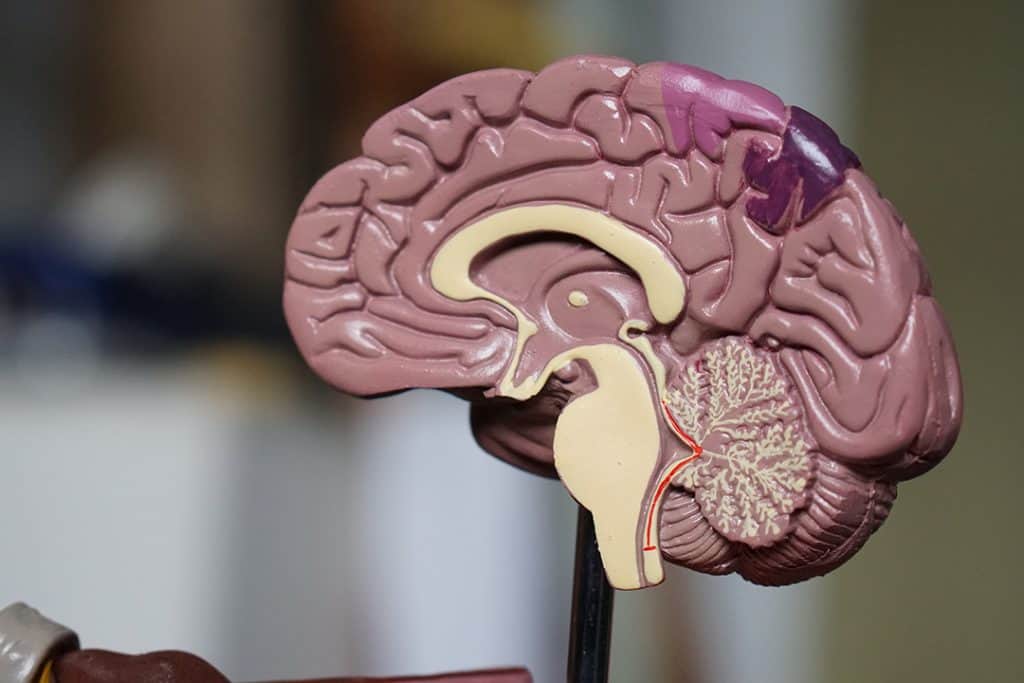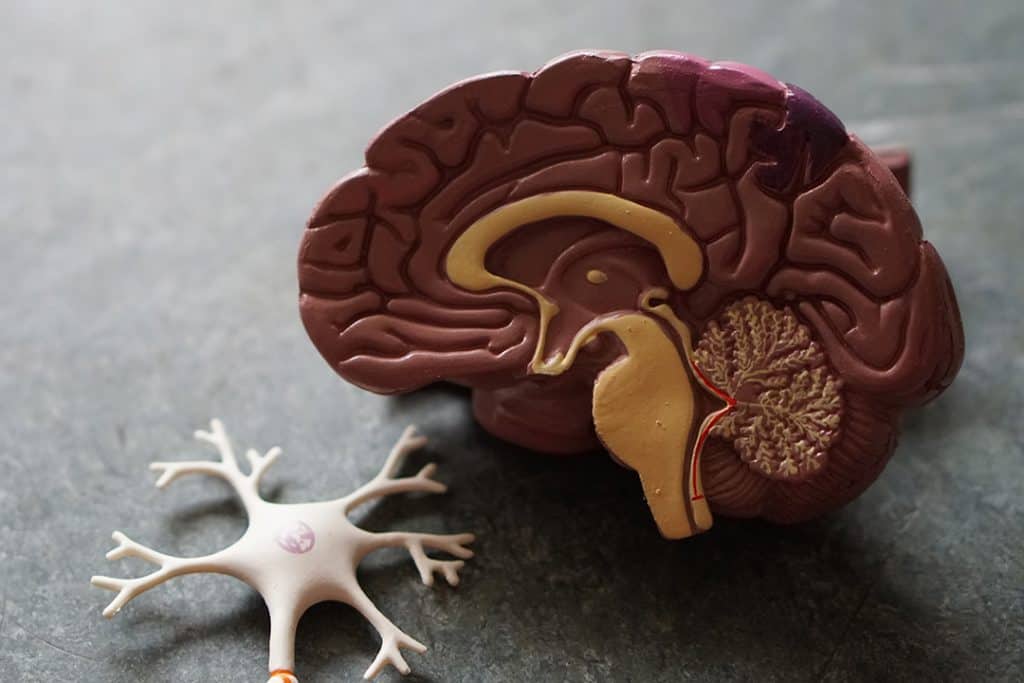The brain behind neurology, psychology and psychiatry
Minutes taken for article to be read: Approximately 5mins
Did you know?
- There are 10,000,000 people in the UK living with a neurological condition, which has a significant impact on their lives.
- Over 1,000,000 people (2% of the UK population) are disabled by their neurological condition.
- Approximately 850,000 people in the UK care for someone with a neurological condition.
(thebraincharity.org.uk)

The brain is a brilliant, yet complex organ. Neurology has an especially close relationship with psychology and psychiatry, as all three disciplines focus on the functions and disorders of a single organ, the brain. Our brain and nervous system control every part of our body, so a problem there can have many serious consequences.
A neurological condition is any condition that affects the brain, spinal cord or nervous system. Some neurological conditions appear suddenly, such as brain injury or stroke; some you are born with, and others develop over time, such as multiple sclerosis.
Neurological conditions are not the same as psychological conditions, which are problems with feelings and emotions. However, neurological disorders can cause problems with memory or thinking, or lead to mental health issues like anxiety and depression.
Sometimes it is not so easy to discern between neurological complaints and psychiatric ones. Neurological disorders like Parkinson’s disease, Huntington’s disease, epilepsy, multiple sclerosis, and Alzheimer’s disease can be clustered together because they all involve malfunction of or damage to the nervous system — the brain, spinal cord, and nerves. Neurologists also treat nervous system infections whereas with psychiatric disorders, the focus is on behaviour and emotional state.

Neurological diseases are often accompanied by mental health disorders, such as post-stroke depression/anxiety, mental health in sleep disorders/ epilepsy/ migraine, etc. The mental disorders not only have a detrimental impact on the outcome of neurological diseases, but also decrease patients’ quality of life (Yang et al, 2020).
While neurological disorders involve damage to and degeneration of the nervous system, sometimes that damage can alter the communication between neurons. When it does, those changes can manifest themselves in problems with behaviour, body control, memory, and mood. In other words, the same problems psychiatrists treat. Many scientists believe problematic communication between neurons in our brains underpins psychiatric disorders, highlighting the scientific concept that Inspirited Minds has discussed before with the brain can rewire and restructure. Neuronal communication has been implicated in depression, behavioural problems, posttraumatic stress disorder, attention deficit hyperactivity disorder, and schizophrenia. These disorders can affect social interactions, mood, concentration, memory, and body control, which highlight that there is a relationship between neurology, psychology and psychiatry.
What neurological disorder/s are you aware of?




